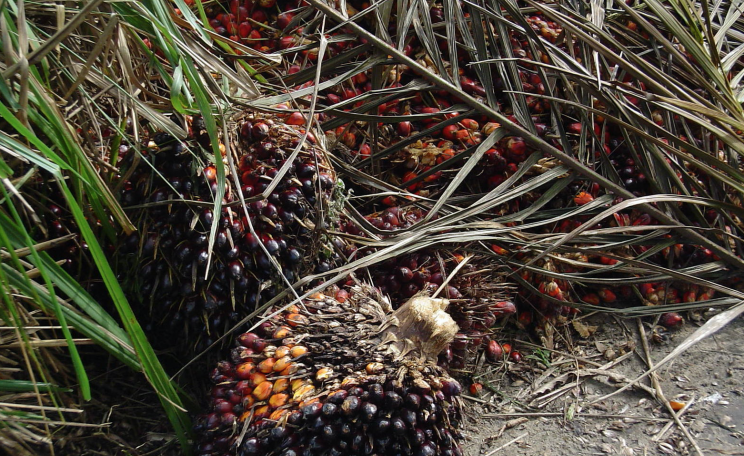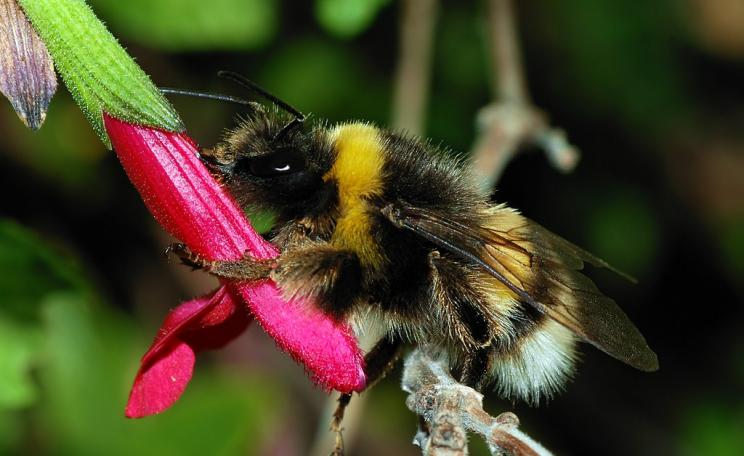Dominique's inspirational work will help to stem the rapid decline of the eastern lowland gorilla in the Democratic Republic of the Congo. It is remarkable what has been achieved against the most challenging backdrop of military conflict, poaching, deforestation and speculative mining.
A conservationist battling to save a great ape from extinction in the Democratic Republic of the Congo (DRC) was presented with a prestigious Whitley Award by Princess Anne, the Princess Royal, yesterday.
Dominique Bikaba is executive director and founder of the Strong Roots charity, which promotes conservation education with the aim of protecting the eastern lowland gorilla in an area ravaged by civil unrest and intensive mining for resources used in our mobile phones and laptops.
The latest issue of Resurgence & Ecologist magazine is out now!
Dominique's team are working with local people to create a protected forest corridor with the aim of connecting gorilla populations in the Kahuzi-Biega and Itombwe nature reserves.
Critically endangered
Numbers of eastern lowland gorilla - also known as Grauer's gorilla - are estimated to have fallen by 77 percent over the last 20 years and the animal, the largest of the four gorilla subspecies, faces extinction by the mid-21st century without determined efforts to conserve habitats. Now considered critically endangered, DRC represents the species last remaining habitat on Earth.
Dominique's landmark achievements include getting communities to agree to commit 3,000sq km of forest for gorilla conservation, but for wildlife to survive, people must have access to livelihoods and future development.
His Whitley Award project will secure legal protection of this vital habitat corridor and improve local food security to reduce pressure on forest resources. Dominique's team will help to increase crop production and train people in more sustainable farming techniques like agro-forestry.
A Primate monitoring team made up of ex-poachers and local women will gather data on these little known primates,and local committees will be set up to create a management plan for the area with the aim of boosting gorilla numbers.
Inspirational work
Edward Whitley, founder of the Whitley Fund for Nature, said: Dominique's inspirational work will help to stem the rapid decline of the eastern lowland gorilla in DRC.
"It is remarkable what has been achieved against the most challenging backdrop of military conflict, poaching, deforestation and speculative mining. We're especially honoured to be working with Dominique as we celebrate our 25th anniversary."
Dominque said: "We have moved, and continue moving, policies in DRC in a way that our community-based conservation approaches are legally secured, including community-based forest governance and management."
An annual event, often referred to as the Green Oscars, the 2018 Whitley Awards, are part of Whitley Fund for Nature's 25th Anniversary celebrations. The winners will each receive £40,000 in funding to support their work to conserve some of the planet's most endangered species and spectacular places.
This year's Whitley Gold Award honour, Pablo (Popi) Borboroglu is spearheading a campaign to protect endangered penguins across the globe. Pablo has already achieved dramatic conservation success, helping to protect more than 3.1 million hectares of marine and coastal habitats.
The Gold Award, worth £60,000, will enable Pablo to justify ocean protection and underpin management for different species of penguins across Argentina, Chile and New Zealand.
This Author
Catherine Harte is a contributing editor to The Ecologist. This story is based on a news release from The Whitley Fund for Nature.







